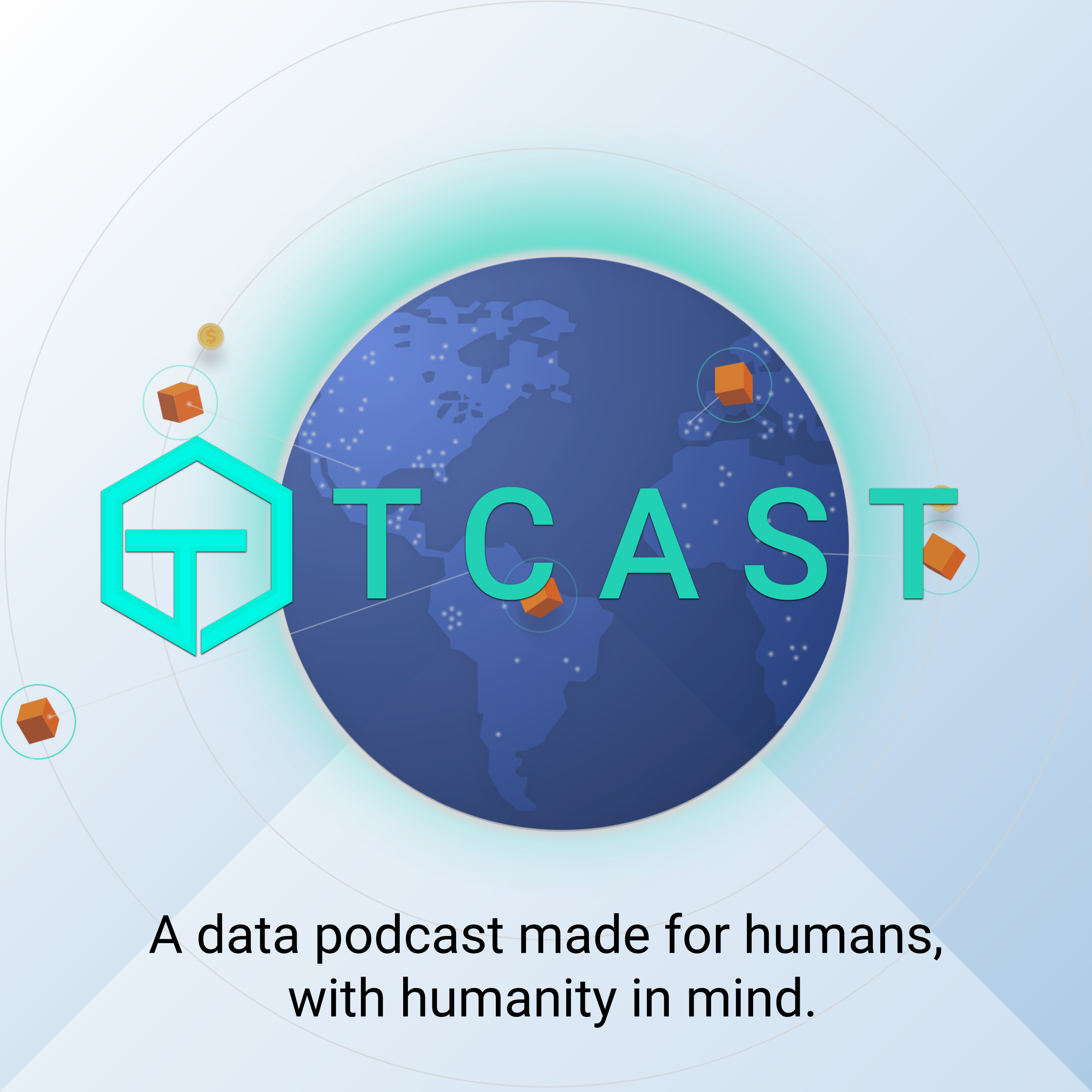- Technology
- SEE MORE
- classical
- general
- talk
- News
- Family
- Bürgerfunk
- pop
- Islam
- soul
- jazz
- Comedy
- humor
- wissenschaft
- opera
- baroque
- gesellschaft
- theater
- Local
- alternative
- electro
- rock
- rap
- lifestyle
- Music
- como
- RNE
- ballads
- greek
- Buddhism
- deportes
- christian
- piano
- djs
- Dance
- dutch
- flamenco
- social
- hope
- christian rock
- academia
- afrique
- Business
- musique
- ελληνική-μουσική
- religion
- World radio
- Zarzuela
- travel
- World
- NFL
- media
- Art
- public
- Sports
- Gospel
- st.
- baptist
- Leisure
- Kids & Family
- musical
- club
- Culture
- Health & Fitness
- True Crime
- Fiction
- children
- Society & Culture
- TV & Film
- gold
- kunst
- música
- gay
- Natural
- a
- francais
- bach
- economics
- kultur
- evangelical
- tech
- Opinion
- Government
- gaming
- College
- technik
- History
- Jesus
- Health
- movies
- radio
- services
- Church
- podcast
- Education
- international
- Transportation
- Other
- kids
- podcasts
- philadelphia
- Noticias
- love
- sport
- Salud
- film
- and
- 4chan
- Disco
- Stories
- fashion
- Arts
- interviews
- hardstyle
- entertainment
- humour
- medieval
- literature
- alma
- Cultura
- video
- TV
- Science
- en
How A.I. Artificial Intelligence is Saving Languages

Everyone talks about different species going extinct. And for good reason. Anytime a species goes extinct, something unique and unrepeatable has been lost. While most don\u2019t stop to think of it, the same is true for languages.\xa0
Over the course of human history, a great many languages have been lost to the sands of time. When a language disappears, it takes away more than just a few words or sounds, it takes with it a way of thinking, of seeing the world and expressing thoughts about it. When a language is lost, we lose the most important tool for understanding a culture. In fact, you could say that when a language dies, a culture dies with it. That\u2019s because every culture has certain concepts or ways of putting thoughts together that are simply lacking in others. Just as an example, German has a feature that lets people string multiple words together to create one new word that represents a new concept.\xa0
There are numerous old fishing villages in Ireland. In many ways, these villages are the last vestiges of the old Irish language. Not only are there still those who speak the language of their ancestors, there are words and concepts used that are unique to each village, words for the different waves and for different tools that might not exist anywhere else.\xa0
There are a lot of different ways languages are lost. Sometimes, a language evolves so much that it becomes an entirely new one for all intents and purposes. Just try to read a copy of Beowulf in the original Old English. In the past, it was not unheard of for conquering power to outlaw the language of their defeated enemy in order to destroy their culture and assimilate them into that of the victor. Other times, the loss of language is a function of trade. As an upstart company or industry to move in, people will adopt the language that opens up the most economic opportunity. Coupled with the fact that shifting economics can do away with the need for certain concepts, it\u2019s easy to understand how people might unconsciously let the old words and concepts disappear.\xa0\xa0\xa0\xa0\xa0\xa0\xa0\xa0\xa0\xa0\xa0
What can be done to preserve languages that are on the verge of being lost? There must be something behind finding the couple of villages that are still speaking Gaelic and putting them in an isolated biosphere. What if we could actually use machine learning to help us preserve at-risk languages?\xa0\xa0
These old words can be collected into databases, like giant digital dictionaries. Not only the words and their meanings but the concepts and histories of them can be stored in an easily searchable format. Not only that, but (as has been previously discussed here) machine learning is very good at recognizing patterns. As such, it can be used to help fill holes in the language. To determine the meaning of words whose definition no one recalls, or even point the direction towards whole words that have gone missing. Even better, machine learning can help researchers determine how words were pronounced or how entire sentences might have been put together and so not only preserve a dying language but resurrect one already dead.\xa0
Why, though? Why is any of this important? Because these languages, these cultures are a part of our past and anyone with a hint of historical knowledge will tell you that if you want to know where we are heading, we need to know where we have been. If we want to preserve anything of our own culture, we had best learn why others disappeared in order to prevent ours from taking the same route.\xa0
What\u2019s your data worth? www.tartle.co
\xa0
Tcast is brought to you by TARTLE. A global personal data marketplace that allows users to sell their personal information anonymously when they want to, while allowing buyers to access clean ready to analyze data sets on digital identities from all across the globe.
\xa0
The show is hosted by Co-Founder and Source Data Pioneer Alexander McCaig and Head of Conscious Marketing Jason Rigby.
\xa0
What's your data worth?
\xa0
Find out at: https://tartle.co/
\xa0
YouTube: https://www.youtube.com/c/TARTLE
\xa0
Facebook: https://www.facebook.com/TARTLEofficial/
\xa0
Instagram: https://www.instagram.com/tartle_official/
\xa0
Twitter: https://twitter.com/TARTLEofficial
\xa0
Spread the word!